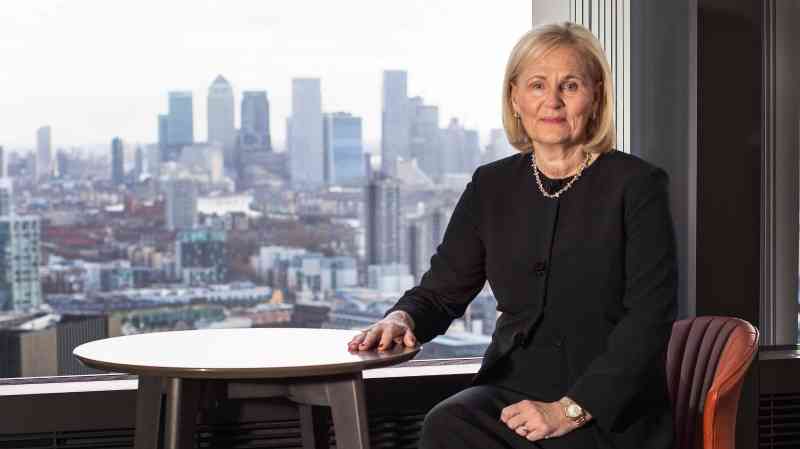Aviva boss sounds warning as Labour mulls cut to pension tax relief
The boss of Aviva, one of Britain’s biggest savings and insurance groups, has fired a warning shot towards the new government amid speculation that Labour might cut pension tax relief to help plug a hole in public finances.
Rachel Reeves, the chancellor, has said that she will have to make “incredibly tough choices” to fill a £22 billion gap that she claims has been inherited from the previous Conservative government.
She is due to unveil her first budget on October 30 and there are suggestions that one of her targets could be an overhaul of the regime of incentives aimed at encouraging workers to save for retirement through pensions.
Basic-rate taxpayers receive 20 per cent tax relief on their pension contributions, while higher-rate taxpayers in England get 40 per cent and additional-rate taxpayers can claim 45 per cent.
There are rumours that Reeves is considering a flat rate of 30 per cent, which would mean less for higher earners but would help the government to cut the cost of pension tax relief, which amounted to £48.7 billion in 2022-23.
Amanda Blanc, Aviva chief executive, said on Wednesday that ministers should be mindful of the consequences of any changes.
“All we would say about anything that happens is that any government thinks about long-term impacts of policies,” she said. “We would just caution that if you really want people to save for the long term, pensions are a long-term game, they are not something that you do something with today that don’t have consequences in five, ten, 15, 20 years’ time.”
She was speaking as Aviva posted better than expected first-half results, which showed operating profits climbed by 14 per cent year-on-year to £875 million in the six months to the end of June, surpassing the £830 million that had been forecast by City analysts.
The FTSE 100-listed Aviva, which also has a big business in Canada, was boosted partly by rising general insurance premiums in Britain and Ireland, which were up 18 per cent to £3.8 billion.
Insurers have raced to lift prices for motor and home cover in the last two years to offset the impact of inflation, which has pushed up the cost of handling claims and hit the industry’s profitability.
The sharp rise in the price of policies has led to criticism that insurers are taking advantage of the inflationary environment to profit unfairly from customers, but Blanc insisted: “I don’t think that the industry can be accused of profiteering.”
She was upbeat on the outlook for the UK, in a boost for the government, which has placed reviving economic growth at the heart of its agenda. Political turmoil and worries about the economy have deterred overseas investors from Britain in recent years, but Blanc said that sentiment was shifting.
“We have spoken to over 200 investors so far this year, we’ve been all over the world,” she said. “The feedback from investors is that they’re way more interested in the UK now than they were two years ago.”
Both the new government and its Conservative predecessor have focused on pushing British insurers and pension funds to invest more in the UK, including in unlisted start-up businesses, as part of efforts to bolster the economy.
Aviva said it planned to start a new long-term asset fund this year that will offer its pension customers the opportunity to invest in young unlisted companies.
Aviva shares were up 3¼p, or 0.7 per cent, to 491¾p on Wednesday.




Post Comment